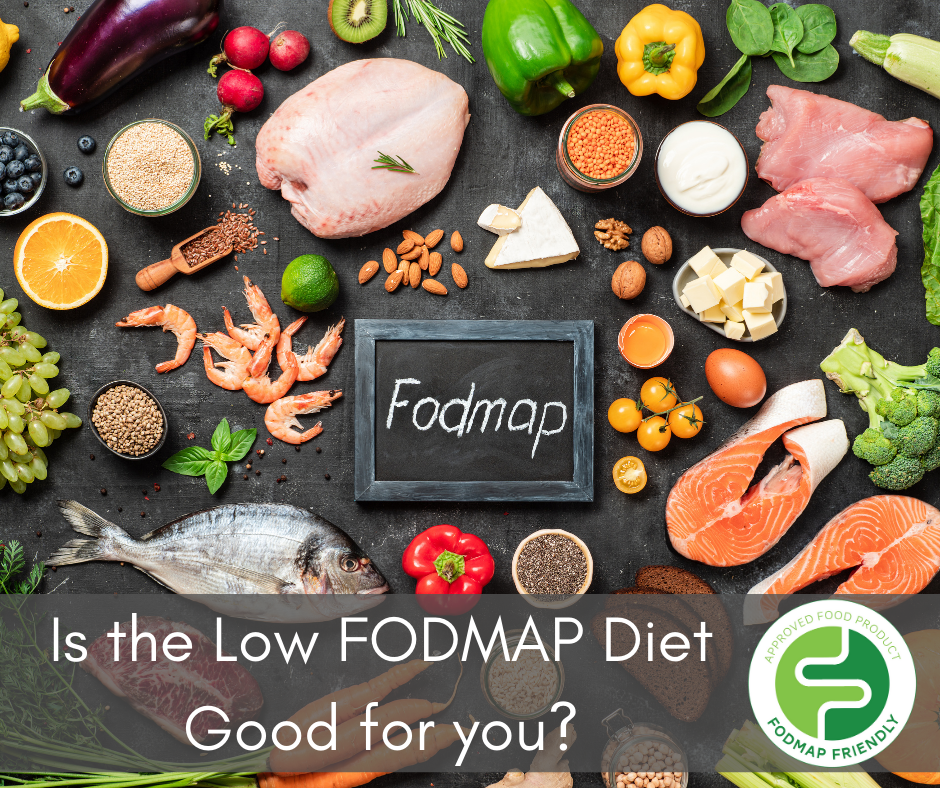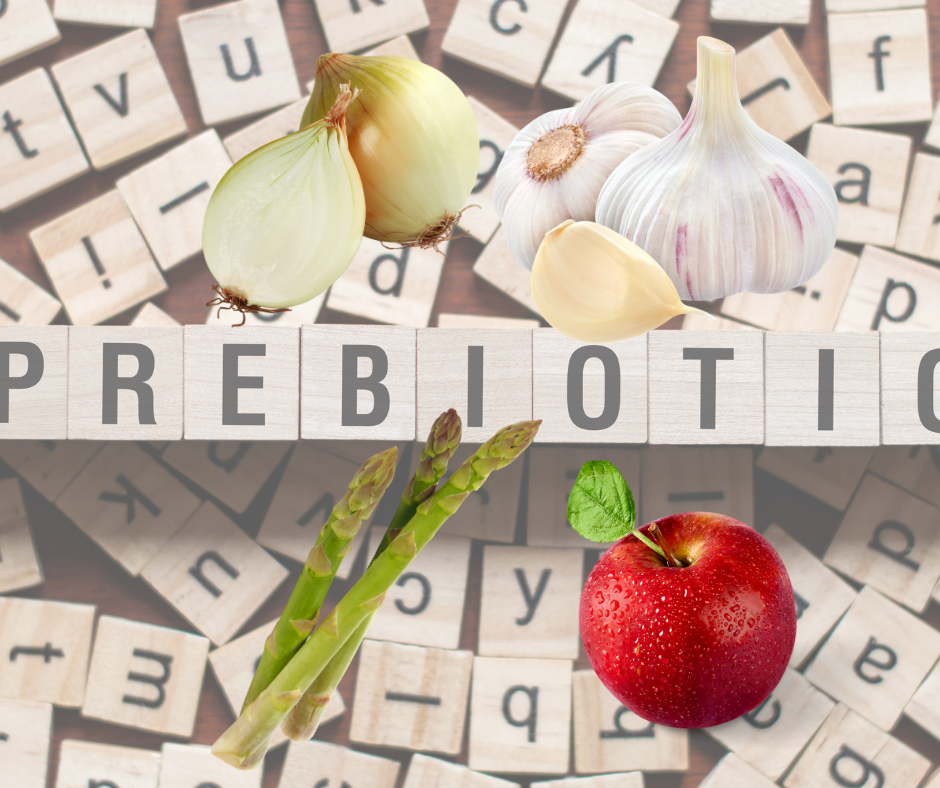Is the low FODMAP diet good for you? A question with a complicated answer
Posted on November 04, 2020
The low FODMAP diet is something that can be prescribed by Dietitians – so does that mean it’s healthy? Is it good for you?
If you want to know if the low FODMAP diet is healthy, you first need to consider the definition of healthy as well as the way in which the low FODMAP diet is being followed.
In this post we’ll delve deeper into what ‘healthy’ means as well as the good and the bad of the low FODMAP diet.
What is ‘healthy’?
When we think about what ‘healthy’ means and what a ‘healthy diet’ consists of, it’s easy to solely think of physical health and how it is affected by food or disease. When in actual fact, there are multiple domains to health that all affect each other. Physical health, social health, mental health and emotional health are all equally important in contributing to an individual’s overall health. A healthy individual has balanced physical, mental, social and emotional health with consistent healthy behaviours and healthy coping mechanisms.
The good . . .
First, let’s look at the healthier side of the low FODMAP diet.
Following the low FODMAP diet often involves more home cooking. When dining out, ordering takeaway or ready-made meals, it can be really difficult to find suitable meals for someone in the elimination phase of the low FODMAP diet. This often means these people will find it easiest to prepare meals at home, where they know exactly what’s going into their meals. An increase in home cooking is not only great for building culinary skills, but has been associated with improved mental health, self-esteem and quality of life.
The low FODMAP diet doesn’t exclude any of the food groups. While it is often wrongly assumed that dairy, grains and vegetables need to be avoided on a low FODMAP diet, it is just a more restricted selection of foods from these groups. A diet that has foods from all food groups is important because it is more likely to guarantee that you’re getting a mix of all the nutrients that your body needs, as different kinds of food contain different nutrients.
As someone on the low FODMAP diet will most likely end up cooking most of their own food, this also means they are likely to be consuming lower amounts of highly processed food. Highly processed foods in our diet often contain more saturated fats, added sugar and salt; which can be bad for health in high amounts. Cooking at home mostly involves using whole, fresh ingredients which are more nutrient-dense and will be better for health.
The whole point of the low FODMAP diet is to improve symptoms of IBS. IBS and its associated symptoms can cause great stress on a person’s mental and social health, especially if they lose touch of what foods feel safe to eat. The low FODMAP diet can improve physical health by reducing the gastrointestinal symptoms of IBS which will in turn, hopefully improve mental health too.
A diet full of a range of foods, especially plants, has been known to be a predictor for good health and longevity as our gut thrives on diet diversity. There are many fruits and plants that are considered low FODMAP and should be included to achieve that nutritional variety.
The not-so-good . . .
Next, let’s look at the factors that make the low FODMAP diet not-so-healthy.
The highly restrictive nature of the low FODMAP diet means that anyone following it is going to be at higher risk of nutrient deficiencies. Even though someone is still capable of eating foods from every food group, variety in the diet is much harder to achieve when following the low FODMAP diet. Have a look at our post last Monday “What is the most common nutrient deficiency in IBS?” or our previous blog post, ‘5 Nutrients You Might Be Missing On The Low FODMAP Diet’ to get an idea of some of the top nutrients to look out for on the low FODMAP diet.
Some of the foods that need to be restricted in the low FODMAP diet are really good for feeding the microbes in our gut (or our ‘gut microbiome’) and are known as ‘prebiotics’. Some prebiotics are foods such as onion, garlic, asparagus and apples – which also happen to be high in FODMAPs. This means that someone following the low FODMAP diet may need to pay more attention to the foods they are eating to maintain healthy gut bacteria.
Social life and stress
Whether it is your IBS symptoms or following the low FODMAP diet, it may impact work and social situations – missing out on gatherings with friends and family can be really difficult. IBS symptoms or following the low FODMAP diet can add stress to someone’s life and ultimately, may end up negatively impacting someone’s social and mental health.
Even though the diet may be a challenge, achieving the goal of reducing IBS symptoms certainly makes it worth it.
The big picture
Now that we’ve gone through the good and the ‘not-so-good’ of the low FODMAP diet, it’s clear to see that it can have really beneficial effects on someone’s life. How so?
By improving relationships with food, enhancing understanding of food and improving symptoms of IBS. The not-so-good side of the low FODMAP diet really emphasises why it is only ever meant to be a short-term diet for someone with the help of a Dietitian.
If you are looking at managing IBS, working closely with a Dietitian throughout this process will increase confidence in your diet and mean that you are less likely to feel the need to avoid social events and limit the stress caused. Following the low FODMAP diet while incorporating other important aspects of IBS management such as stress management and regular movement with the help of your Dietitian will mean that your physical, social and mental health are best looked after. This way, you can really maximise the benefits gained from the low FODMAP diet.
Written by Jessica Cheshire (Dietitian)
Reviewed by Kiarra Martindale (Accredited Practising Dietitian)












